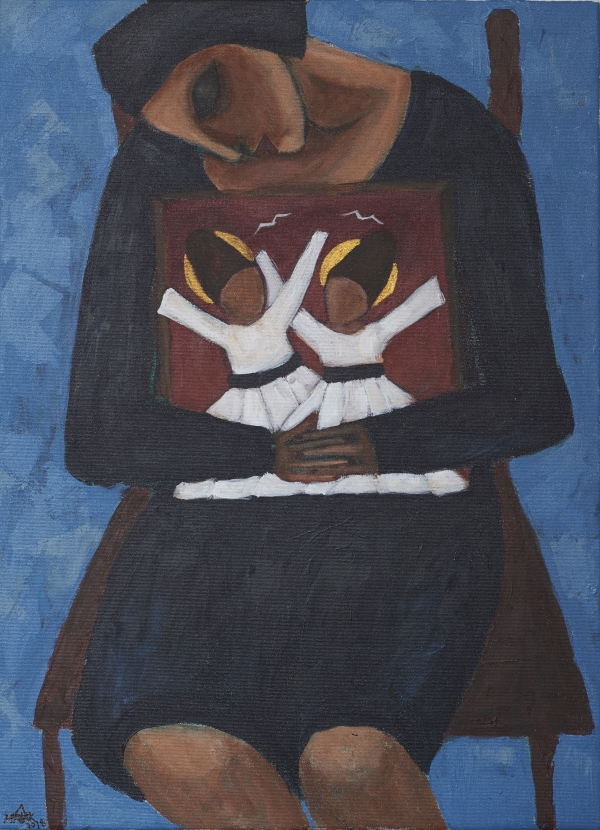Editorial Human Rights in an Age of Populist Authoritarianism
DOI:
https://doi.org/10.31273/fd.n8.2025.1993Abstract
With the founding of the United Nations (UN) in 1945 and the adoption of the Universal Declaration on Human Rights (UDHR) by the UN in 1948, it appeared that liberal conceptions of human rights were fundamentally embedded in mainstream politics at a global level. This of course had come on the heels of the devastation of two World Wars that had torn to shreds any notion of civilisational superiority of the West. At the same time, decolonization movements across Africa and Asia were challenging Eurocentric notions of ‘the human’ and ‘rights’, and fought for and won a more universal concept of human rights (Sahgal, 2012; also see Sahgal in this issue).
Today, however, the consensus has frayed.
Downloads

Downloads
Published
Issue
Section
License
Copyright (c) 2025 Stephen Cowden, Gita Sahgal, Amrita Shodhan, Rashmi Varma

This work is licensed under a Creative Commons Attribution-NonCommercial-ShareAlike 4.0 International License.
Authors who publish with this journal agree to the following terms:
- Authors retain copyright and grant the journal right of first publication with the work simultaneously licensed under a Creative Commons Attribution Non-Commercial Share Alike License that allows others to share the work with an acknowledgement of the work's authorship and initial publication in this journal, providing it is not used for commercial purposes and any derivative work is shared with the same license.
- Authors are able to enter into separate, additional contractual arrangements for the non-exclusive distribution of the journal's published version of the work (e.g., post it to an institutional repository or publish it in a book), with an acknowledgement of its initial publication in this journal.
- Authors are permitted and encouraged to post their work online (e.g., in institutional repositories or on their website) prior to and during the submission process, as it can lead to productive exchanges, as well as earlier and greater citation of published work (See The Effect of Open Access).
